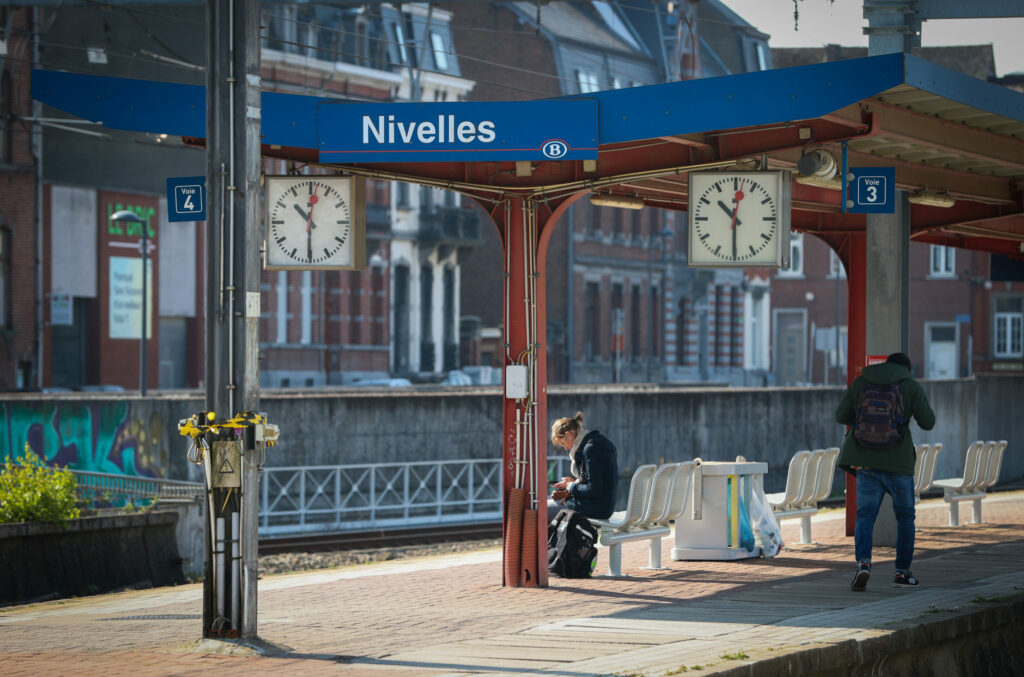SNCB's communication strategy on X (previously Twitter) has significantly reduced complaint tweets, according to a PhD study by UAntwerpen researcher Steven De Vadder.
Public organisations often struggle with frequent criticism due to overall negative perceptions, which social media can exacerbate. However, new forms of media also provide an opportunity to bridge the gap with dissatisfied citizens. De Vadder’s research aimed to investigate if public institutions could turn the tide.
SNCB's first Twitter joined in 2013, with the researcher having deeply scrutinised its account to undertake the research. The rail company is tagged about 100,000 times yearly – with over half involving questions about cancellations, strikes, delays, and so on. Complaints, predominantly about poor service, account for one-third of the tweets.
Research now shows that SNCB's tweets are surprisingly punctual and that it consistently responds attentively – which is helping with negative perceptions.
"In total, the SNCB addresses 95% of all service-related questions. 80% of these tweets are answered within 15 minutes. However, the SNCB's response to complaints, compliments, and political discussions is less consistent," says De Vadder.
To determine the strategy’s success, the researchers deployed an algorithm on 200,000 SNCB tweets from 2011 to 2018. This allowed them to assess monthly changes in negative sentiment.
From these, efforts clearly had an effect. Prior to SNCB's Twitter presence in 2013, 80% of tweets every month about the railway operator were negative. This figure dropped to an average of 57% post-2013.
"The graphs and analyses clearly show that 2013 was a turning point. Meanwhile, we know there was little improvement in SNCB's provision of service in the ensuing years" concludes De Vadder.

